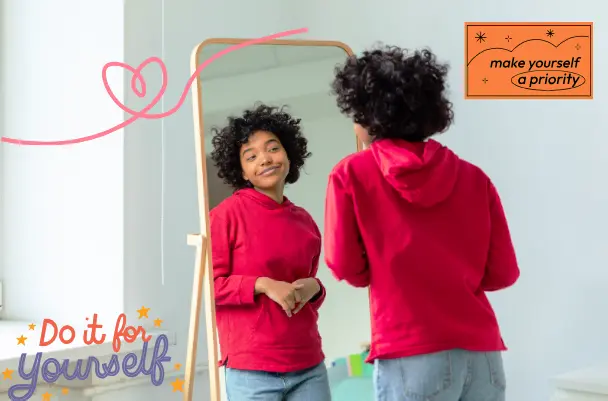In the complex world of dating, navigating relationships can be both exciting and challenging. While the thrill of connection often steals the spotlight, the habits we bring into our interactions can significantly shape the outcome. Many individuals unknowingly engage in detrimental behaviors that hinder their ability to build lasting, meaningful connections. From playing emotional games to neglecting self-care, these bad habits can lead to misunderstandings, resentment, and heartbreak. To foster a healthy relationship, it’s crucial to identify and abandon these behaviors, allowing for a nurturing environment where both partners can thrive. This exploration of harmful dating habits will shed light on what to let go of, providing a roadmap to more fulfilling and resilient relationships. Let’s dive in and uncover the changes that can transform your dating life!
1. Playing Games
- What It Is: Engaging in manipulative behaviors, like acting aloof or using jealousy as a tactic.
- Why It’s Bad: It creates mistrust and confusion, making genuine connections difficult.
- Solution: Be transparent about your feelings and intentions from the start.
2. Being Overly Critical
- What It Is: Focusing on your partner’s flaws or making negative comments about their choices.
- Why It’s Bad: Constant criticism can erode self-esteem and breed resentment.
- Solution: Practice positive reinforcement and celebrate each other’s strengths.
3. Ignoring Boundaries
- What It Is: Disregarding personal limits, whether emotional, physical, or social.
- Why It’s Bad: It can lead to feelings of discomfort and resentment.
- Solution: Communicate openly about your boundaries and respect your partner’s limits.
4. Rushing the Relationship
- What It Is: Pushing for rapid progression in commitment or intimacy.
- Why It’s Bad: It can create pressure and anxiety, often leading to unrealistic expectations.
- Solution: Allow the relationship to develop naturally over time.
5. Bringing Past Baggage
- What It Is: Allowing unresolved issues from past relationships to affect your current one.
- Why It’s Bad: It can lead to distrust and misinterpretations of your partner’s actions.
- Solution: Focus on personal healing and communicate openly about your needs.
6. Neglecting Self-Care

- What It Is: Prioritizing your partner’s needs over your own well-being.
- Why It’s Bad: It can lead to burnout and resentment, making the relationship unhealthy.
- Solution: Maintain your hobbies, friendships, and self-care routines.
7. Avoiding Difficult Conversations
- What It Is: Shying away from discussing important issues or conflicts.
- Why It’s Bad: Unaddressed problems can fester and grow, leading to bigger conflicts.
- Solution: Approach tough topics with openness and a willingness to listen.
8. Being Too Available
- What It Is: Constantly prioritizing your partner’s needs over your own time and space.
- Why It’s Bad: It can lead to feelings of dependency and loss of individuality.
- Solution: Set aside time for yourself and maintain your independence.
9. Comparing to Others
- What It Is: Measuring your relationship against those of friends or social media portrayals.
- Why It’s Bad: It creates unrealistic expectations and dissatisfaction.
- Solution: Focus on building your unique relationship rather than comparing it to others.
10. Overcommitting Too Soon
- What It Is: Making promises or plans that you’re not ready to keep.
- Why It’s Bad: It can lead to disappointment and distrust if you fail to follow through.
- Solution: Be honest about what you can realistically commit to.
11. Lack of Communication
- What It Is: Failing to express feelings, thoughts, or concerns.
- Why It’s Bad: Misunderstandings and assumptions can grow, leading to conflicts.
- Solution: Foster a habit of open dialogue and check in regularly with each other.
12. Ignoring Red Flags
- What It Is: Overlooking behaviors that indicate incompatibility or potential issues.
- Why It’s Bad: It can lead to deeper problems down the line and compromise your safety.
- Solution: Trust your instincts and address any concerns early in the relationship.
Each partner must prioritize their own well-being while remaining committed to the relationship's growth. By fostering honest dialogues, respecting individual needs, and addressing conflicts constructively, you pave the way for a deeper emotional connection. Ultimately, letting go of these bad habits not only strengthens your relationship but also enhances your personal growth, leading to a fulfilling partnership that thrives on mutual support and understanding. Embrace the journey, and remember that a healthy relationship is a continuous process of learning and evolving together.
